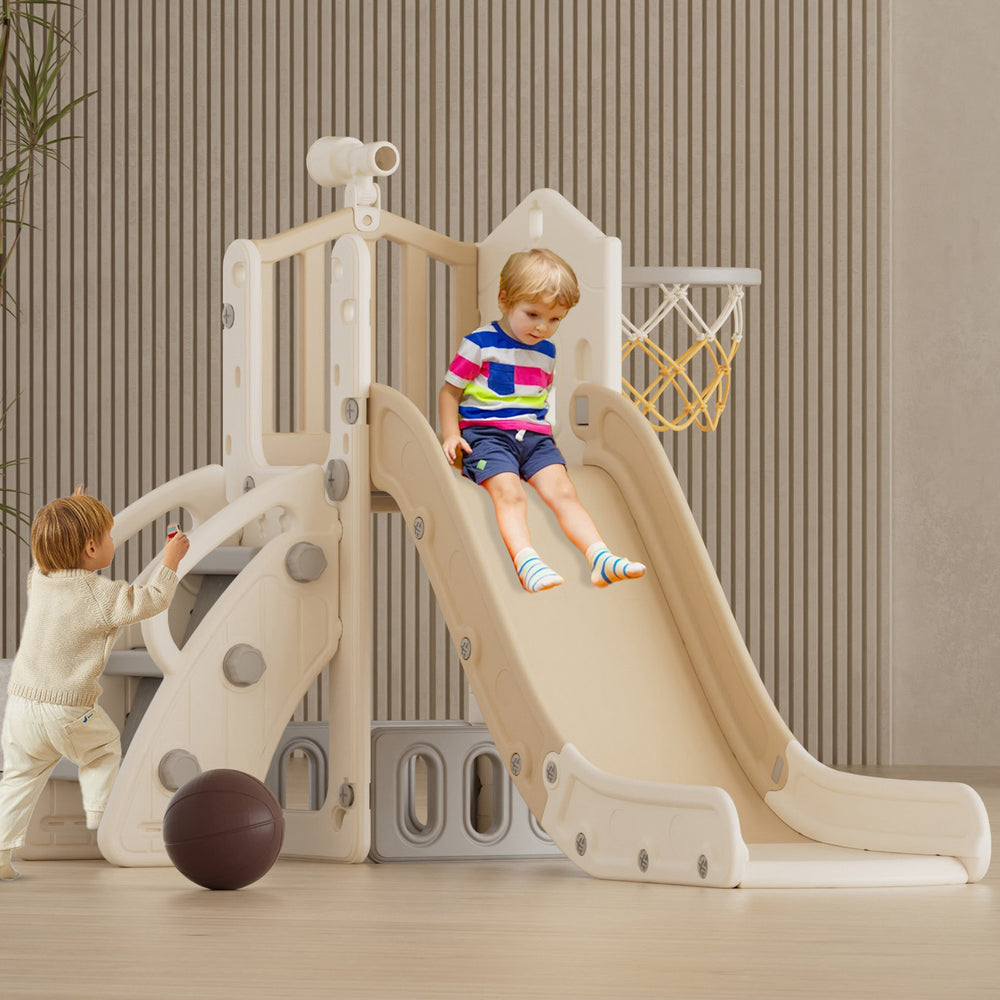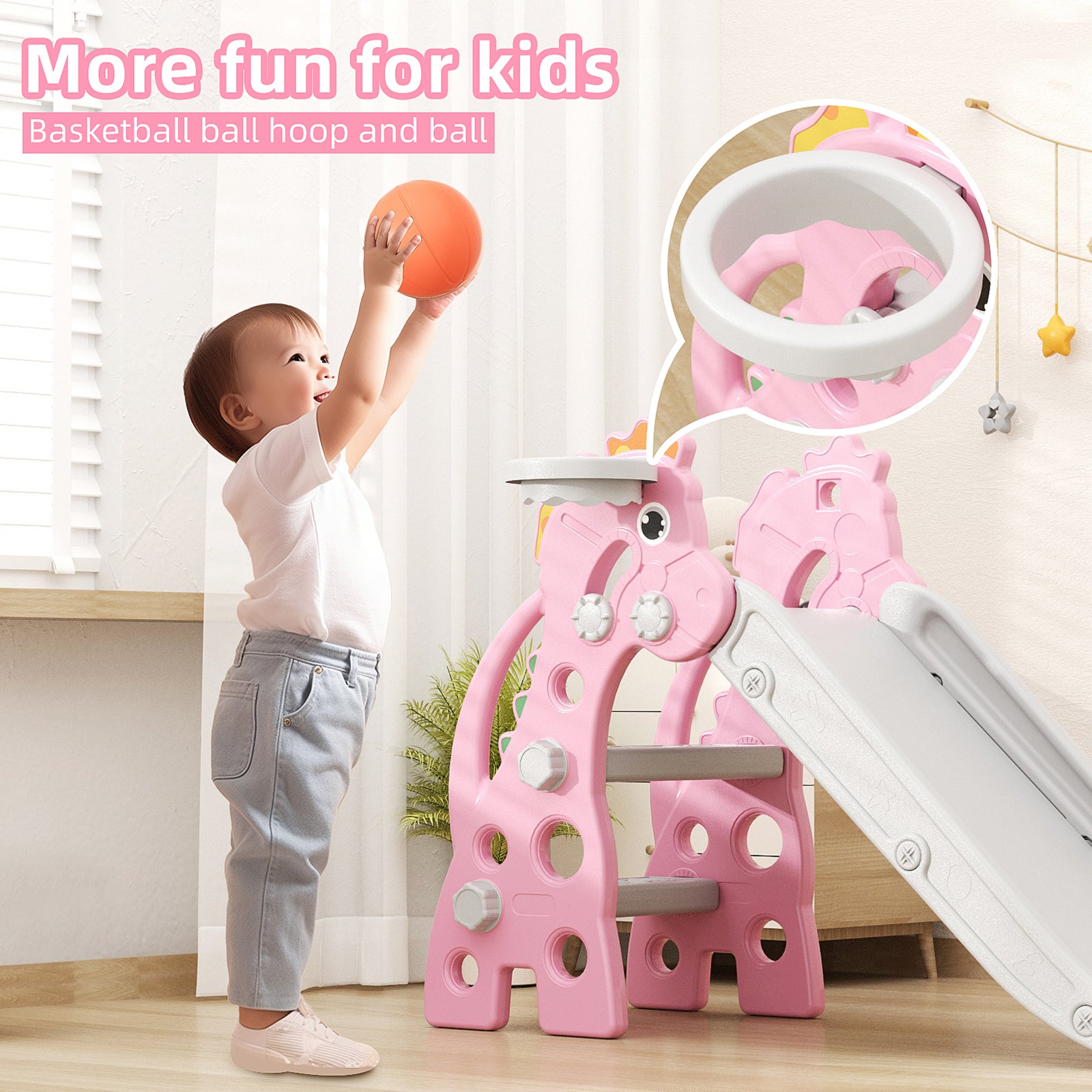Toys have been an integral part of childhood for generations, serving as more than just sources of entertainment. They play a pivotal role in a child's growth and development, impacting various aspects of their physical, cognitive, emotional, and social development. The significance of toys in a child's life cannot be overstated, as they facilitate learning, creativity, and social interactions while also promoting physical well-being. This essay explores the profound importance of toys in children's growth, highlighting the various dimensions of development they impact.
Cognitive Development
One of the primary functions of toys is to stimulate cognitive development in children. Through play, children engage in a range of activities that challenge their thinking, problem-solving, and decision-making skills. Building blocks, puzzles, and educational games, for instance, encourage children to think critically, plan, and strategize, all of which are essential cognitive skills. Such toys help children grasp mathematical concepts, enhance their spatial awareness, and develop their ability to identify patterns and shapes. In this way, toys can serve as valuable tools for preparing children for formal education.
Toys can also promote language development. Dolls, action figures, and playsets encourage children to engage in imaginative play, creating scenarios and narratives. This imaginative play fosters language skills, as children articulate thoughts and feelings, describe characters and actions, and interact with others. Additionally, interactive toys equipped with speech recognition technology can assist in vocabulary expansion and pronunciation improvement.
Moreover, artistic and creative toys like crayons, paints, and modeling clay allow children to express themselves artistically, developing their fine motor skills. Through artistic activities, children learn to manipulate objects and develop hand-eye coordination. This not only aids their creative expression but also lays the foundation for future writing and drawing abilities. This creative play also nurtures self-expression and self-esteem, as children take pride in their creations and develop a sense of accomplishment.
Emotional Development
Toys play a crucial role in children's emotional development by offering a safe and controlled environment for the expression of feelings and emotions. Soft toys, for instance, provide comfort and solace, serving as companions during moments of sadness or anxiety. Children often form strong emotional attachments to these toys, which can help them learn to manage their emotions. Additionally, playing with dolls and action figures enables children to practice empathy and understand the emotions of others, thereby fostering emotional intelligence.
Pretend play with toy kitchens, doctor's kits, or dress-up clothes allows children to explore different roles and emotions. They can take on the persona of a chef, doctor, or firefighter, experiencing the accompanying emotions and responsibilities. This type of play helps children develop a sense of empathy and social understanding, as they begin to appreciate the feelings and perspectives of others.
Social Development
Toys facilitate social development by encouraging interaction and cooperation. Playing with peers or siblings promotes important social skills like sharing, taking turns, and resolving conflicts. Board games and cooperative playsets teach children the value of teamwork and fair play. These interactions not only help children build friendships but also prepare them for future social interactions in school and beyond.
Toys can also serve as tools for cultural and societal exploration. Dolls and action figures representing various ethnicities and backgrounds expose children to diversity from an early age, fostering a sense of inclusivity and acceptance. Moreover, construction toys like LEGO inspire children to work collaboratively, brainstorm solutions, and build structures together, developing communication and problem-solving skills.
Physical Development
Physical development is another area profoundly influenced by toys. Active playthings such as bicycles, jump ropes, and sports equipment encourage physical exercise, helping children develop strength, balance, and coordination. This active play contributes to overall physical health and fitness.
Manipulative toys, such as building blocks and puzzles, enhance fine motor skills. These skills are essential for tasks like writing, tying shoelaces, and using utensils. Likewise, toys like modeling clay and Play-Doh offer children the opportunity to refine their hand and finger muscles, preparing them for more intricate tasks.
Conclusion
In summary, toys are far more than mere sources of entertainment; they are essential tools for children's growth and development. They play a pivotal role in cognitive, emotional, social, and physical development. Toys stimulate critical thinking, problem-solving, and creativity, all while helping children build empathy, social skills, and emotional intelligence. Furthermore, they promote physical health and fine motor skills. Recognizing the multifaceted importance of toys in a child's life is crucial for parents, caregivers, and educators as they support children in their journey of growth and development. Toys are not just playthings; they are the building blocks of a child's future.



